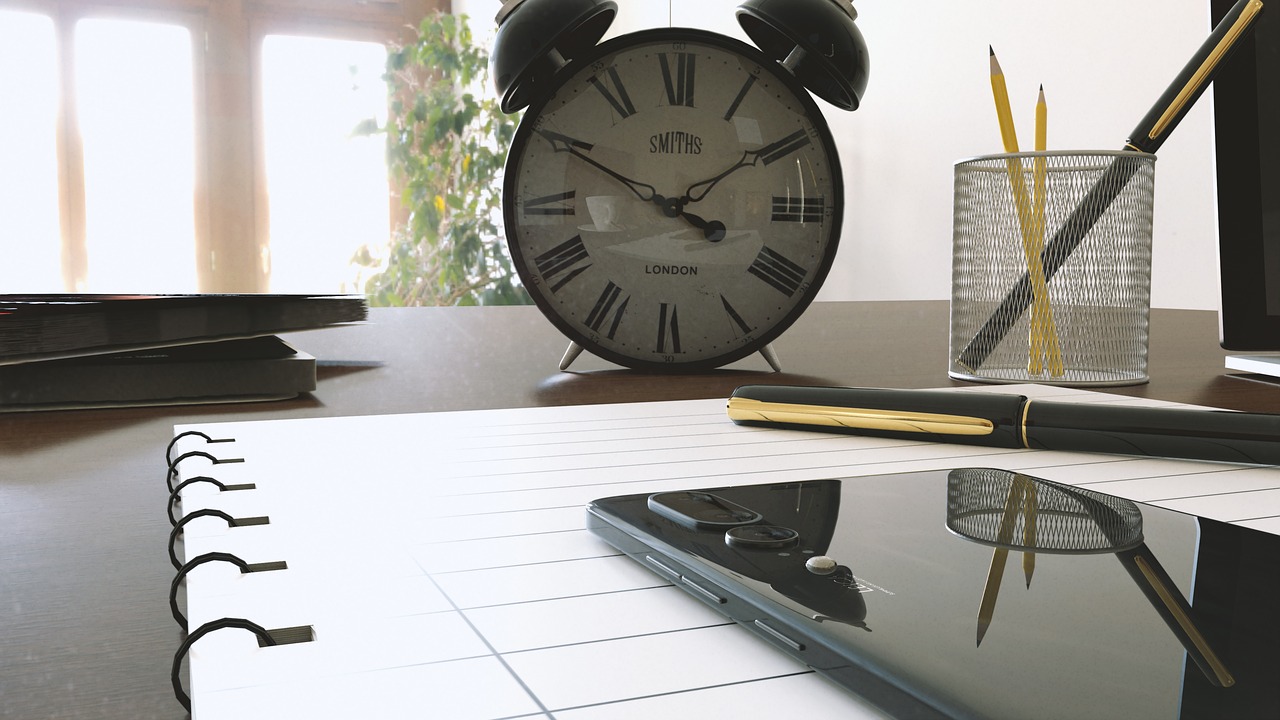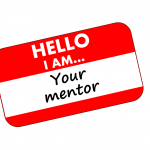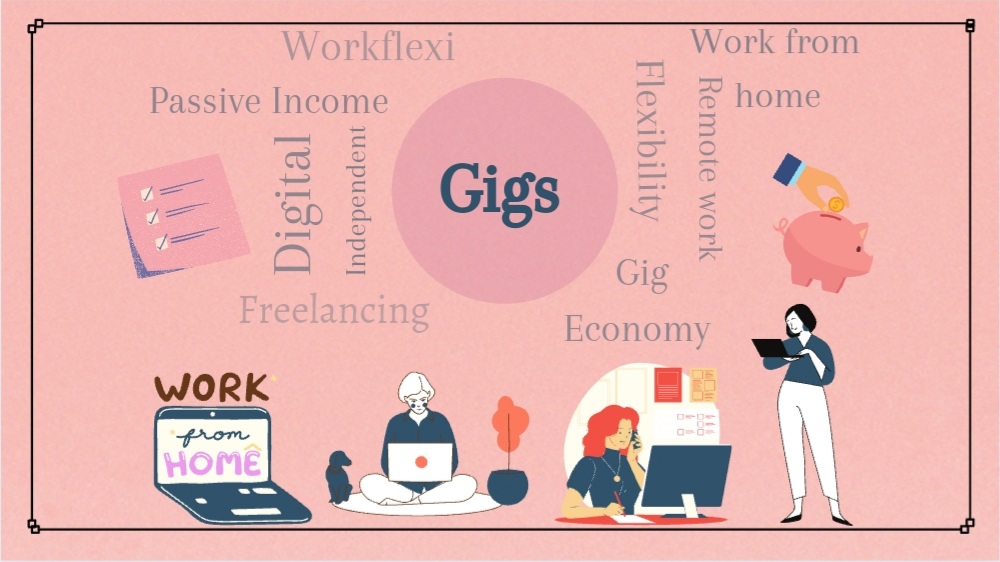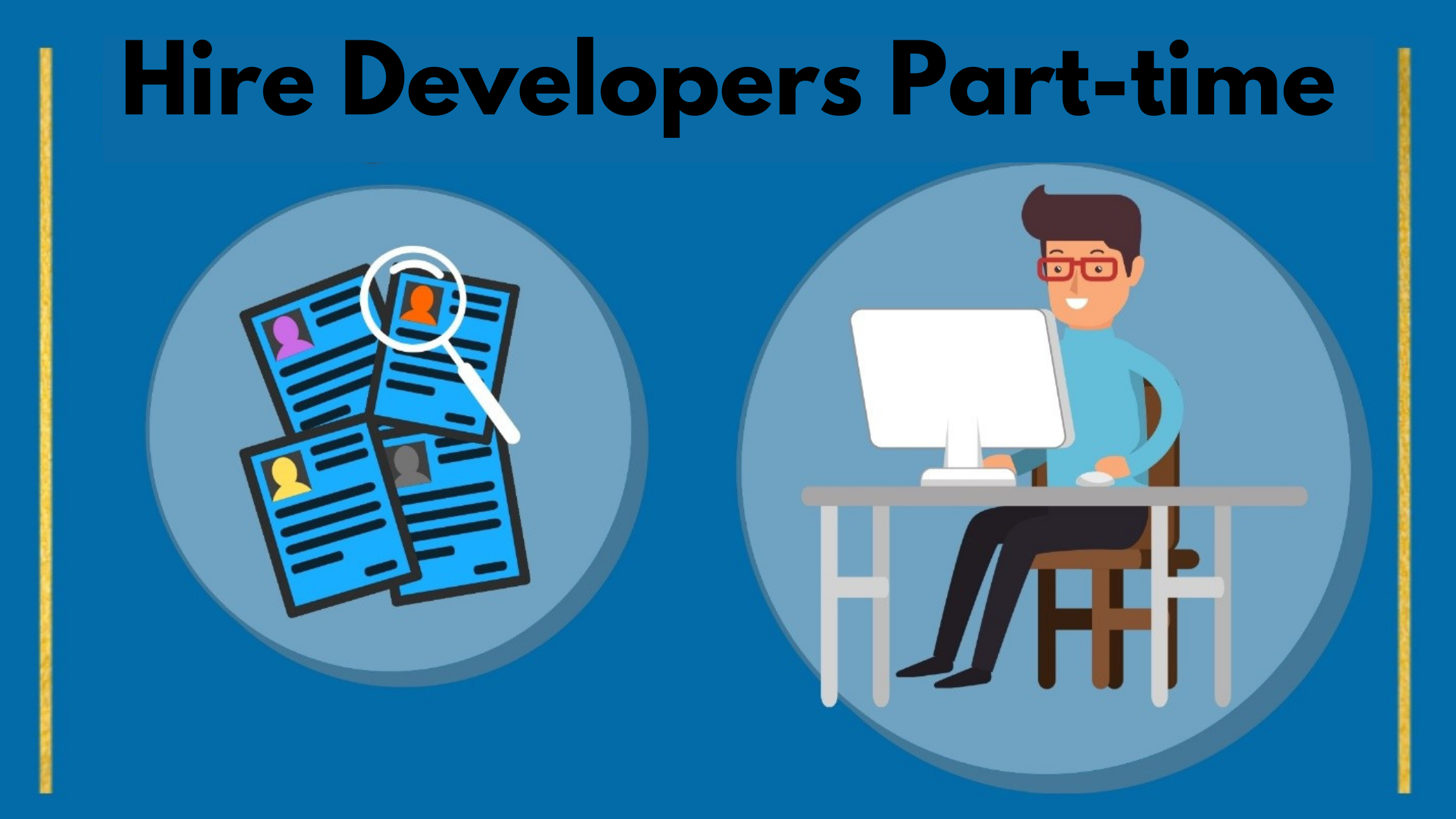You get better pay but you also work more. Or you are paid less but still made to work more. In either scenarios, the only way to strike the right work-life balance is to work smart. Not only will you be more efficient at your contract job but also less tired.
Take the help of tech
Even if you are tech-savvy, there are many of us who still rely on paperwork and post-its. It's easier to just make a note and clip it on the cork board or stash it in a folder. But it's not easily traceable or trackable. Having all of this in a digital software could come in handy. From scheduling to maintaining a calendar to ticking off the to-do lists, it's the best way to be organised. You won't miss an important deadline, event or instruction. Everything is readily available and in real time. Importantly, it reduces clutter. And there are automated tools that allow you to auto-schedule routine work as well. Some can even serve as your virtual assistants.
Message management
Emails, voicemails, SMSes, snail mail, bills, and other forms of messaging system like Slack, Whatsapp for Business, Google Docs and so on can take a heavy toll on your productivity. This is particularly true for creative people whose minds need to be on the task at hand. Any form of distraction will lead to an interruption in the flow. Similarly, when you are busy brainstorming over your business strategy, one email can impede the progress of your thoughts. So what do you do? Group all the messages into different levels of importance: important, not so important, can wait, delegate, delete, file, and so on. Not only will you be able to clear all your emails in a jiffy, but also get time to focus on the job at hand. Another way to do it is to come to the office half an hour early only to check all the office mail. Set the next time to check mail in the afternoon and again in the evening. If it's really important, people will call you anyway.
Find the sweet spot
Everyone has a different time when they are the most productive. Some prefer the early hours of the day and some prefer evenings or nights. Depending on your preference, ensure that you stay off the social networks, mobile phone and water cooler conversations around that time. It's time to be productive, not talkative.
Breaks are important
It's not all work and no break. Getting away from work, even if it's just for a few minutes, works like a charm. Your brain is rested and you come back with renewed energy. You could do a brisk walk, do some office errand, drink water, tea, coffee, snack, or just chat with someone who is not from the same profession as you do. Anything that takes your mind off your immediate work is a good stress buster. And sometimes, just closing your eyes or staring at the ceiling works just as fine too.
One man army
It's great to shoulder all the burden and do everything that comes your way. But sometimes, it's best to delegate it to someone else. This will not only lessen your burden but also empower the other person. When will they learn if you don't give them a chance. By doing this, you can focus on the most important things and leave out the least crucial.
There's no such thing as perfection
Mistakes happen. Everyone is human, including you. You shouldn't over work to the detriment of your health and those of others. Don't be tough on yourself and on others. It's okay to be near-perfect. Never try to be perfect because that usually leads to a dip in morale, high stress, depression, micro management and energy loss and low productivity.





